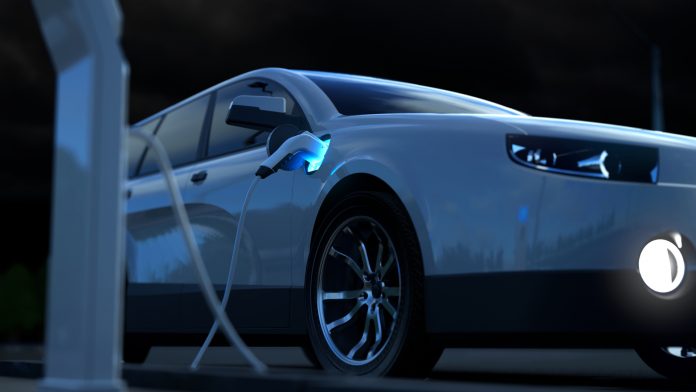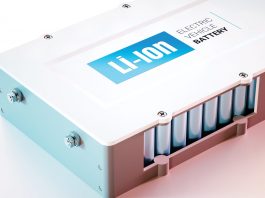Chinese and British researchers have designed a new type of rechargeable salt battery that could accelerate the shift to greener electric transport.
Many electric vehicles are powered by rechargeable lithium-ion batteries; however, under certain conditions, such batteries can also overheat, which can degrade battery life and reduce miles per charge. To solve these issues, the University of Nottingham, UK, is collaborating with six scientific research institutes across China to develop an innovative and affordable energy store with the combined performance merits of a solid-oxide fuel cell and a metal-air battery. The new salt battery could significantly extend the range of electric vehicles, while being fully recyclable, environmentally-friendly, low-cost, and safe.
Solid-oxide fuel cells use chemical reactions to convert hydrogen and oxygen into electricity. While they are highly-efficient at extracting energy from a fuel, durable, low-cost, and greener to produce, they are not rechargeable.
Metal-air batteries are electrochemical cells that uses metal such as iron to generate electricity. During charging, they emit only oxygen into the atmosphere. Although not very durable, these energy-dense batteries are rechargeable and can store and discharge as much electricity as lithium-ion batteries, but much more safely and cheaply.
The research team explored a high-temperature, iron-air battery design that used molten salt as a type of electrolyte for electrical conductivity. Cheap and inflammable molten salts help to improve battery energy storage, power capability, and a lengthy lifecycle.
The researchers have now successfully improved the technology by turning the molten salt into soft-solid salt, using solid oxide nano-powders. Professor Jianqiang Wang, from the Shanghai Institute of Applied Physics, Chinese Academy of Sciences, who is leading this collaboration project has predicted that this quasi-solid-state (QSS) electrolyte is suitable for metal-air batteries which operate at 800ºC as it suppresses the evaporation and fluidity of the molten salts that can occur at such high operating temperatures.
Project collaborator, Dr Cheng Peng, also from the Shanghai Institute of Applied Physics, Chinese Academy of Sciences, said: “The modified molten salt iron-oxygen battery has great potential applications in new markets, including electric transport and renewable energy which require innovative storage solutions in our homes and at grid-level. The battery is also, in principle, capable of storing solar heat as well as electricity, which is highly-desirable for both domestic and industrial energy needs. Molten salts are currently used at large scale in Spain and China to capture and store solar heat which is then converted to electricity – our molten salt metal air battery does the two jobs in one device.”









